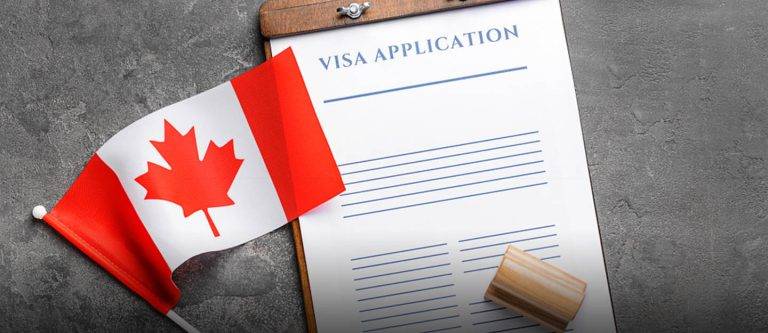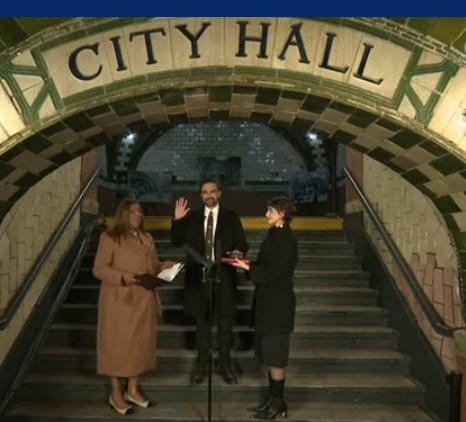Canada updates: No Extension For PG Work Permits Expiring After December
The Canadian government has decided not to extend a temporary policy providing an additional 18-month work permit to post-graduation work permit holders whose permits had expired or were set to end. This will impact international students whose post-graduate work permits (PGWPs) will expire after December 31, 2023.
“The announcement says foreign nationals with a PGWP expiring up to December 31, 2023, remain eligible to apply. However, they have not extended this policy for those whose PGWPs are expiring on January 1, 2024. This is a big blow as students need to think about what to do next,” said Mandeep, convenor of Montreal Students Youth Organisation (MYSO).
“They can either get married to a Canadian PR holder, seek asylum or get a labour market impact assessment (LMIA) document from a company that has vacancies,” Manpreet Kaur Longowal, who is in Canada on a work permit and staying at Prince Edward Island, told The Indian Express.
The LMIA is a document that an employer in Canada needs to get before hiring a foreign worker. A positive LMA will show that there is a need for a foreign worker to fill the job and that no Canadian worker or permanent resident is available to do that job.
Sources revealed that normally, the fee for an LMIA document is 1,000 Canadian dollars. However, company owners often charge much higher prices in cash from students for it. In the Greater Toronto Area (GTA), any company that is three years old and has a turnover of half a million Canadian dollars is eligible for LMIA. Outside GTA, the turnover needs to be a million Canadian dollars. Such companies can give a maximum work permit of 2 years.
“I know several students whose PGWP will expire in May this year and hence they will need study options or fear they may have to return home. Companies eligible for LMIA will also exploit the students as I know many cases where they charge thousands unofficially for giving them work permits, and normally, these are our own Punjabi entrepreneurs,” said Mandeep.
Another announcement made by Immigration, Refugees and Citizenship Minister Marc Miller was related to the work-hour limit. “The waiver on the 20-hour-per-week limit on the number of hours international students are allowed to work off campus while class is in session will be extended to April 30, 2024,” he said.
“This is good as students can now work for longer hours while studying… the extension is only for four months as of now but something is better than nothing,” Longowal said.
This condition only applies to international students already in Canada as well as those who have applied for a study permit as of December 7, 2023. Those who will submit applications after December 7, 2023, will have to follow the 20-hour-per-week work norm, Longowal added.
Immigration, Refugees and Citizenship Canada (IRCC) said it is continuing “to examine options for this policy in the future, such as expanding off-campus work hours for international students to 30 hours per week while class is in session”.
Currently, international students in Canada can study online and offline on a 50:50 basis. This temporary policy will continue but only for students who began a study programme before September 1, 2024, as per IRCC, said Varun Khanna, a MYSO volunteer.
“The online-offline study programme and more work hours for students for another four months are welcome steps but no extension of PGWP is a matter of concern,” said Khushpal Grewal, a volunteer at MYSO.
“We will make students aware of these changes and soon organise a meeting. As of now, we are making them aware through social media only. However, this is just the beginning. Next year, Canada will go for elections and we can expect harsher immigration rules. Aspirants need to be mentally prepared,” Mandeep added.














Post Comment